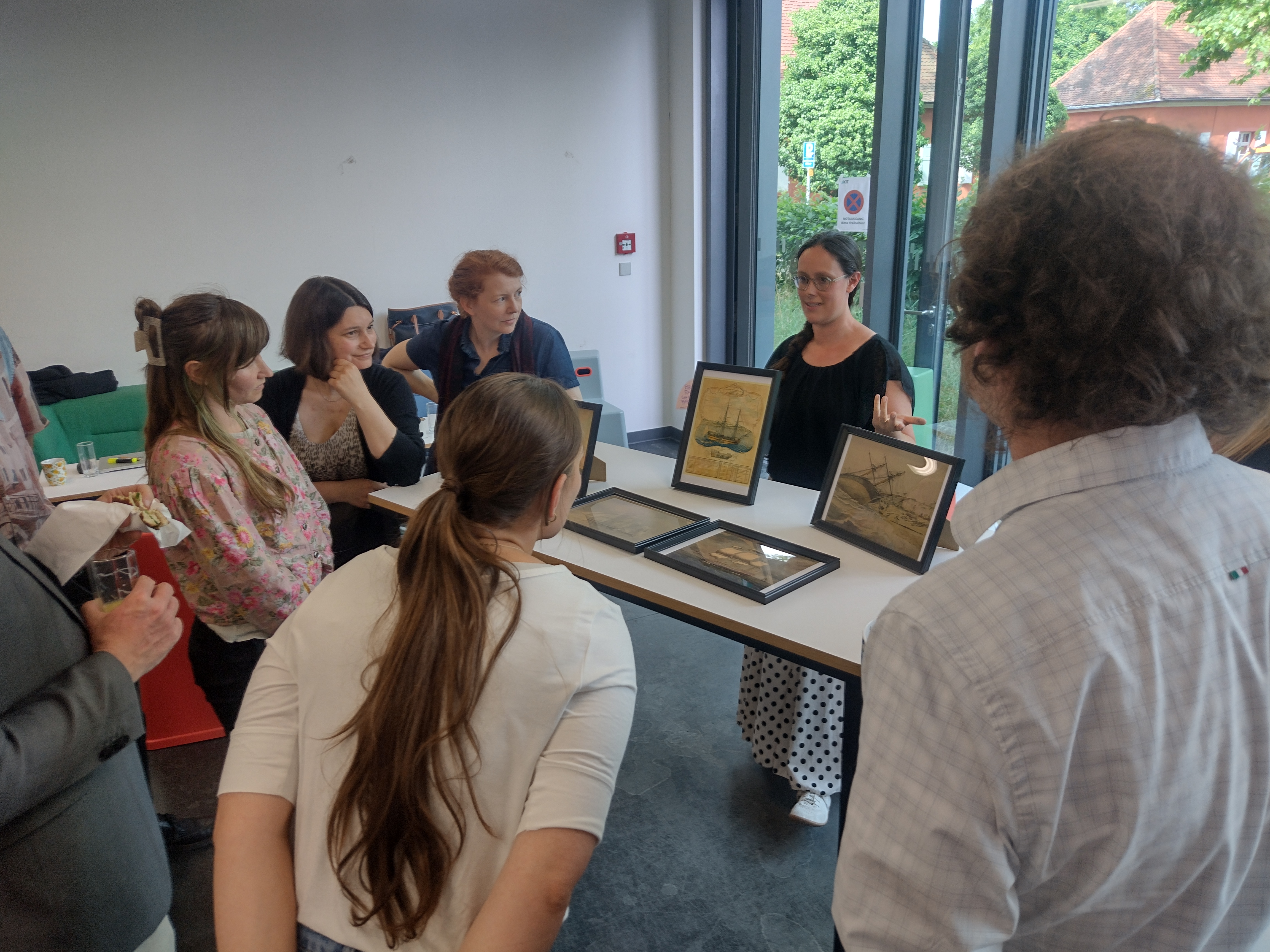
Workshop „Umweltsparen. Historische Perspektiven auf Praktiken von Sparsamkeit und Verzicht“
- contact:
- funding:
In current debates about man-made climate change and dependence on fossil fuels such as gas, saving resources is seen as a key strategy for securing political sovereignty and social peace and counteracting global warming and the loss of biodiversity. For a long time, thriftiness and doing without were seen either as a traditional virtue or as a necessary evil in social or individual emergencies, but in recent decades a new motivation has established itself in social discourse and practice in the form of environmental saving. This involves saving CO2 emissions or kilowatt hours as well as the reduction of environmentally relevant substances such as chlorine in the chemical industry, "smart" energy-saving household technologies or the reduction of meat consumption and climate-damaging mobility. In this context, the narrative of renunciation plays an equally central and emotionally charged role in discourses on current transformation processes: as increasing consumption opportunities, supported by comprehensive marketing, continue to be considered desirable, positive connotations of environmental and resource protection regularly collide with connotations of thriftiness and renunciation as outmoded impositions.
But what lies behind the terms, concepts and practices of thrift and renunciation from the perspective of environmental and technological history? How can approaches from the history of consumption, marketing and emotions as well as material culture studies be brought together for a still outstanding overall view of this topic from an environmental and technological history perspective? With the aim of providing a systematic foundation for the topic, the workshop aims to discuss how thrift and renunciation were historically integrated into diverse social, cultural and technical contexts and which strategies can be used to close existing gaps in research.
In an inspiring workshop setting, the KHYS-sponsored workshop "Environmental Saving" took place at KIT on June 5 and 6, 2025. The organizers Nicole Hesse and Silke Zimmer-Merkle set up a varied program in which the intensive, also practical, examination of historical sources was combined with theoretical and methodological considerations on thrift and renunciation in history. Thematically and epochally broad, the topics ranged from specific objects of thrift to practices of thrift and renunciation to discourse histories from the early modern period to contemporary history, addressing overarching questions about cultures, motives and actors of environmental saving. The integrated workshop on science communication by Philipp Schrögel and the exclusive evening tour through the exhibition "Kann das weg? Von Abfällen und Einfällen" at the Badisches Landesmuseum Karlsruhe expanded the discussions to include questions of communication and mediation.
Conference Report (HSozKult), by Martin Ullmann
